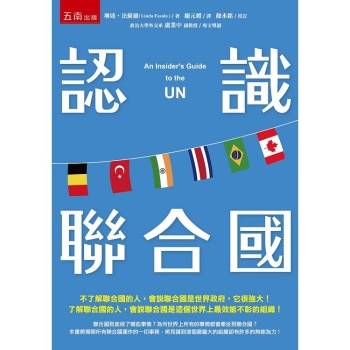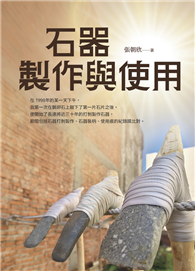Dark Mirror: African Americans and the Federal Writers’ Project explores Black writers’ engagement with the emerging welfare state. J. J. Butts highlights the conflicting understandings of culture and modernity that pervaded the New Deal’s most ambitious and important cultural project of the 1930s, the Federal Writers’ Project (FWP). FWP guidebooks produced by African American writers such as Richard Wright, Zora Neale Hurston, and Ralph Ellison introduced an inclusive, pluralist understanding of the nation’s culture and history. Using sociological discourses of urban pathology, they justified rebuilding landscapes to remedy social ills as part of a broader agenda for modernization. Drawing on archival research and textual analysis, Dark Mirror shows how FWP guidebooks sought to minimize the tensions between pluralism and modernization, often at the expense of the former. It also demonstrates how Black FWP authors responded to these ideas in FWP texts and in their own narrative and documentary writing. Highlighting the deep racial currents undercutting the promises of the welfare state, these texts provide what Richard Wright called a "dark mirror" for the nation, setting up new modes of engagement with liberalism and reshaping African American literature.
| FindBook |
有 1 項符合
Dark Mirror: African Americans and the Federal Writers’ Project的圖書 |
 |
Dark Mirror: African Americans and the Federal Writers’ Project 作者:Butts 出版社:Ohio State University Press 出版日期:2024-07-08 語言:英文 規格:平裝 / 188頁 / 22.86 x 15.24 x 2.03 cm / 普通級/ 初版 |
| 圖書館借閱 |
| 國家圖書館 | 全國圖書書目資訊網 | 國立公共資訊圖書館 | 電子書服務平台 | MetaCat 跨館整合查詢 |
| 臺北市立圖書館 | 新北市立圖書館 | 基隆市公共圖書館 | 桃園市立圖書館 | 新竹縣公共圖書館 |
| 苗栗縣立圖書館 | 臺中市立圖書館 | 彰化縣公共圖書館 | 南投縣文化局 | 雲林縣公共圖書館 |
| 嘉義縣圖書館 | 臺南市立圖書館 | 高雄市立圖書館 | 屏東縣公共圖書館 | 宜蘭縣公共圖書館 |
| 花蓮縣文化局 | 臺東縣文化處 |
|
|
圖書介紹 - 資料來源:博客來 評分:
圖書名稱:Dark Mirror: African Americans and the Federal Writers’ Project
|











